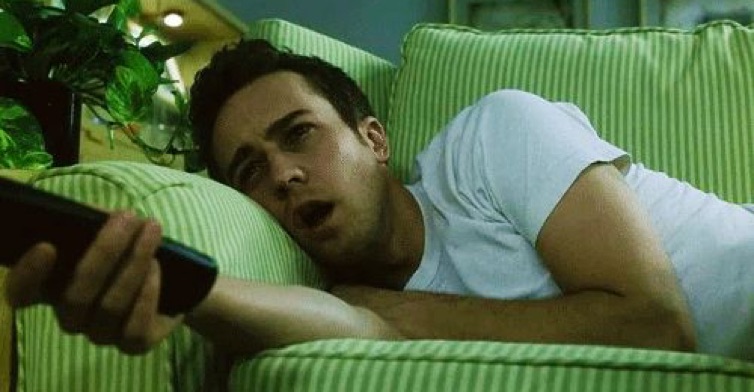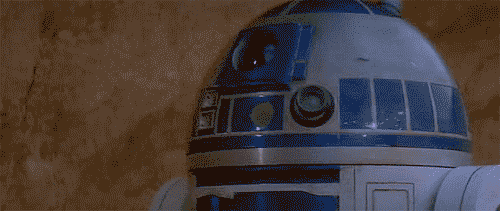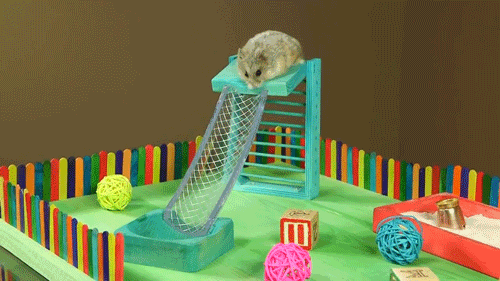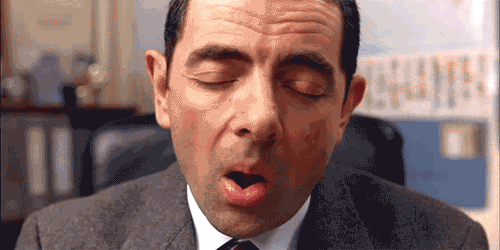
We’re all guilty of putting a film on when we get in bed with the intention of falling asleep about 10 minutes into it, but a doctor has warned that’s a really bad idea.
Ehen you crash out in front of the TV with that flickering light on your face it disrupts your sleep patterns and that affects your mood and temperament, according to Dr. Guy Meadows from The Sleep School.
“We’re designed to sleep in the dark. When the sun comes up, the light receptors in the retina at the back of the eye tell us it’s time to wake up by inhibiting the release of melatonin, the hormone that makes us sleepy.”
Which obviously wakes us up and stops us from sleeping. But if the light receptors in your eyes are having to deal with the lights of the television, melatonin won’t be released and you won’t be able to achieve a decent level of sleep. And you’ll end up being really tired.

“Tiredness dampens down the effect of the pre-frontal cortex in the brain, which is responsible for more rational thought and causes us to use the part of the brain responsible for emotion called the amygdale.”
How do we know this? Hamsters.

Tracy Bedrosian who led a study at Ohio State University took sixteen hamsters and exposed them to bright lights, mimicking daylight for sixteen hours.
After this, half the hamsters were placed in true darkness and the other half were placed under dim lights designed to mimic the light of a television.
According to Bedrosian’s report, the hamsters subjected to dim light scored “significantly lower on a series of mood tests,” after eight weeks.
Another researcher involved with the study noted that the hamsters exposed to dim lights started developing symptoms of depression in a report.
“The darkness-deprived hamsters drank 20 percent less sugar water than the other group, for example, suggesting they weren’t getting the same enjoyment out of activities they used to find pleasurable.”
They also gave up quicker when it came to the swimming portion of the trials, though we assume that the hamsters who gave up were rescued by the scientists before they could drown.
To summarise, if you’re falling asleep in front of the TV, it’s messing with your brain and you’ll be more tired and depressed.

So either wake up and watch, or turn it off and go to bed.

